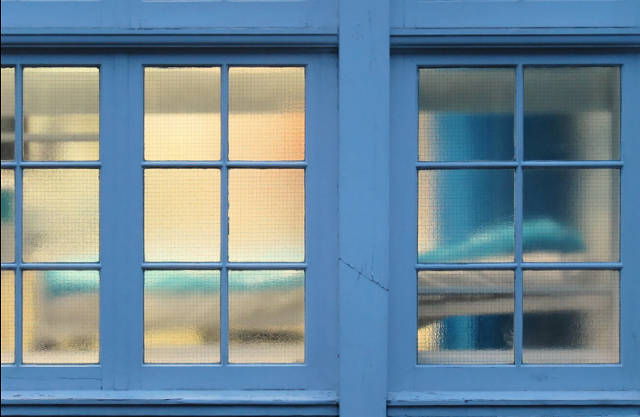This in from the Isle of Wight NHS. Ed
Admissions to St. Mary’s Hospital continue to exceed discharges placing pressure on health services both in the hospital and services based in the community. Patients are also staying longer in hospital with respiratory conditions.
Nikki Turner, Associate Director for Community and Mental Health Services and the Trust’s on call Director for last weekend says:
“We are continuing to see more elderly people with nasty infections and respiratory conditions. They take longer to recover and stay longer in hospital occupying beds that would normally be available for scheduled surgery and other emergency admissions. With the support of all our staff and our colleagues who work in health and social care across the Island we have been able to minimise the number of cancelled in-patient operations and kept outpatients and day surgery working normally.
“We’re grateful to everyone who is making use of alternative’s such as pharmacies and getting advice from the NHS Choices website and 111. Talking to before making a journey to St. Mary’s is the right thing to do.”
Operations and appointments to be reviewed
Scheduled in-patient operations, day surgery and outpatients appointments are all expected to continue as planned today, Monday 12th January, but will be reviewed if pressures continue through the week.
Patients will be advised direct if it becomes necessary to cancel their operation which will be rescheduled as quickly as possible.
Additional beds opened
Isle of Wight NHS Trust has opened additional beds, got more nursing, medical and allied health profession staff working, and more equipment in place to cover the increase in demand this winter.
Despite this services are currently still under substantial pressure with more patients than expected requiring admission to hospital.
Only use service in emergency
We need Islanders to continue to only use the hospital’s A&E Department and Beacon Health Centre if they really need to and consider self care, pharmacies, online advice from NHS Choices at www.nhs.uk or phoning 111 for advice. It is important that advice is sought early before conditions deteriorate and require a visit to A&E.
Patients may be unaware of the Pharmacy First scheme which allows the free supply of medicines by your pharmacist to treat most minor ailments. This means they can get expert advice and treatment for most minor ailment conditions without the need to see a GP. All consultations are private and the medicine supply is free to those who are eligible for free prescriptions. Details of pharmacists with early and late opening are attached.
See your pharmacist for:
Common complaints which can be treated at home with advice from the pharmacist include:
- Skin conditions, such as mild acne and mild eczema
- Coughs and colds including nasal congestion and sore throat
- Minor cuts and bruises
- Constipation and haemorrhoids (piles)
- Hay fever and allergies
- Aches, pains, such as headaches, earaches and backaches
- Indigestion, diarrhoea and threadworms
- Period pain and thrush
- Warts and verrucas, mouth ulcer and cold sores
- Athletes foot
- Nappy rash and teething
Services available from local pharmacies include:
- Emergency contraception
- Stop smoking services
- Minor Ailments
- HIV and Hepatitis testing
- Flu Vaccination – NHS and private services
- Hepatitis B Vaccination
- Stop smoking services
- Pregnancy testing
Islanders are encouraged to take more care of their health where possible by either asking their local pharmacy staff for advice, looking for advice on line (www.nhs.uk) or self-treating using some basic medicine cabinet essentials.
GPs should be visited if you have concerns about a condition that will not go away, or is getting worse. It is important to visit your GP if you have a recurring condition that is affecting your ability to function on a day to day basis.
Image: Lars Ploughmann under CC BY 2.0





